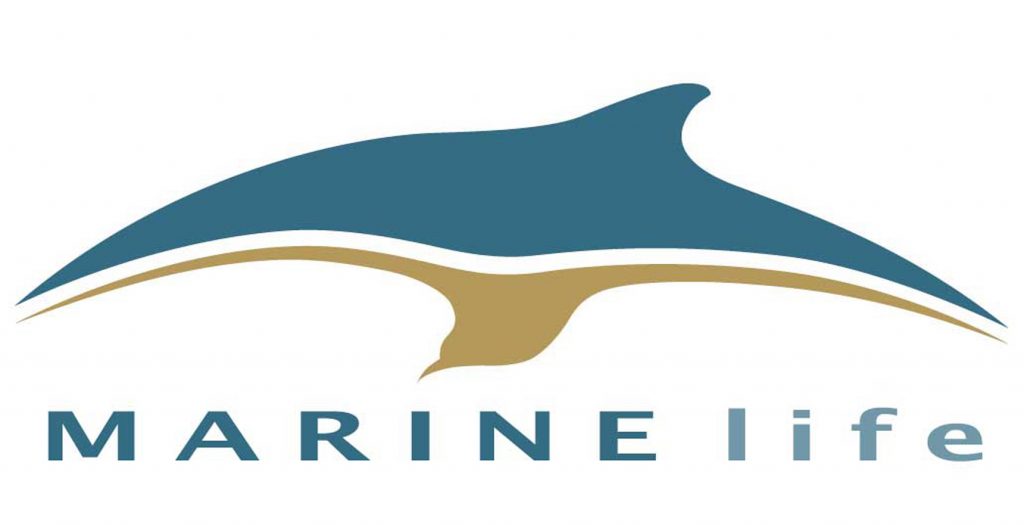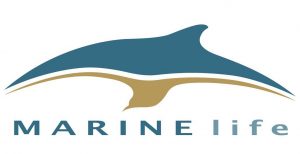 MARINElife is a science charity that conducts research on the health of our oceans by gathering information on key marine species. With the help of experienced volunteers, they carry out dolphin, whale and seabird surveys in UK and bordering waters and provide relevant, robust and up-to-date information to those working for the sustainable future of our oceans. MARINElife also runs an extensive programme of educational and outreach events, from species identification to full surveyor courses.
MARINElife is a science charity that conducts research on the health of our oceans by gathering information on key marine species. With the help of experienced volunteers, they carry out dolphin, whale and seabird surveys in UK and bordering waters and provide relevant, robust and up-to-date information to those working for the sustainable future of our oceans. MARINElife also runs an extensive programme of educational and outreach events, from species identification to full surveyor courses.
Research Director Tom Brereton and Trustee, Trainer and Wildlife Officer Rick Morris have kindly taken the time to answer a few questions for us.
Could you tell us about the work MARINElife does and how your charity began?
MARINElife is a charity (established in 2005) that is dedicated to the conservation of marine wildlife through research and educational activities. MARINElife grew out of the Biscay Dolphin Research Programme (BDRP), which was a survey and educational programme originally based on a P&O ferry from Portsmouth to Bilbao (1995-2010).
Today, MARINElife carries out scientifically robust surveys of dolphins, whales, and seabirds, made by experienced volunteers, on a variety of vessels at sea in UK and bordering waters, from angling boats through to large commercial ferries. The work is done in partnership with a wide range of sponsoring bodies from ecotourism through to research institutes and shipping companies.
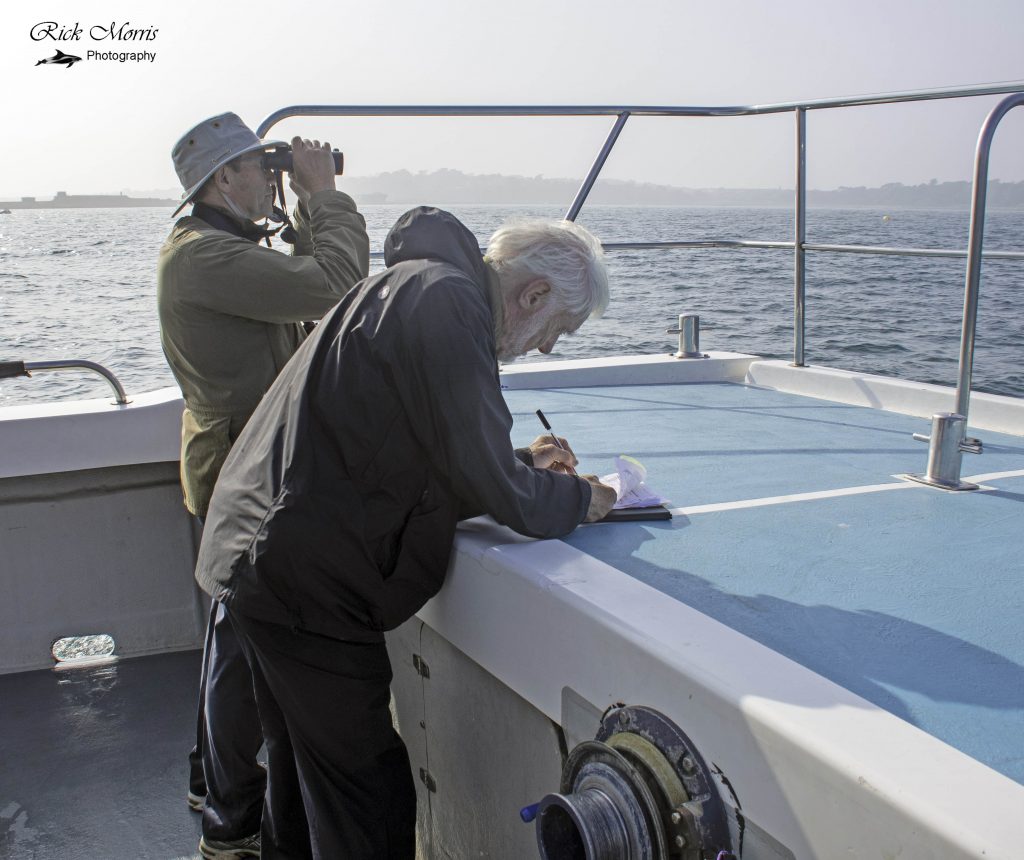
You survey many key marine species to monitor the health of our oceans. Could you explain a bit more about the role dolphins, whales and seabirds play in the marine ecosystem and the key threats they are facing?
Dolphins perform crucial roles in their native ecosystems wherever they’re found and function as high-level predators feeding primarily on fish and squid. In any ecosystem, carnivores near or at the top of the food chain establish fundamental order all the way down to the bottom, and their removal can have wide-ranging and highly complex repercussions.
Whales play a vital role in the marine ecosystem as they help provide at least half of the oxygen you breathe by providing nutrients to phytoplankton.
Seabirds can be a good and visible indicator of the wider health of the marine environment as they feed on many of the same species as cetaceans and are often found in association with cetaceans during feeding.
The key threats to whales, dolphins and seabirds are: whaling, climate change, overfishing, by-catch, entanglement in ghost fishing gear, noise pollution and ship strikes.
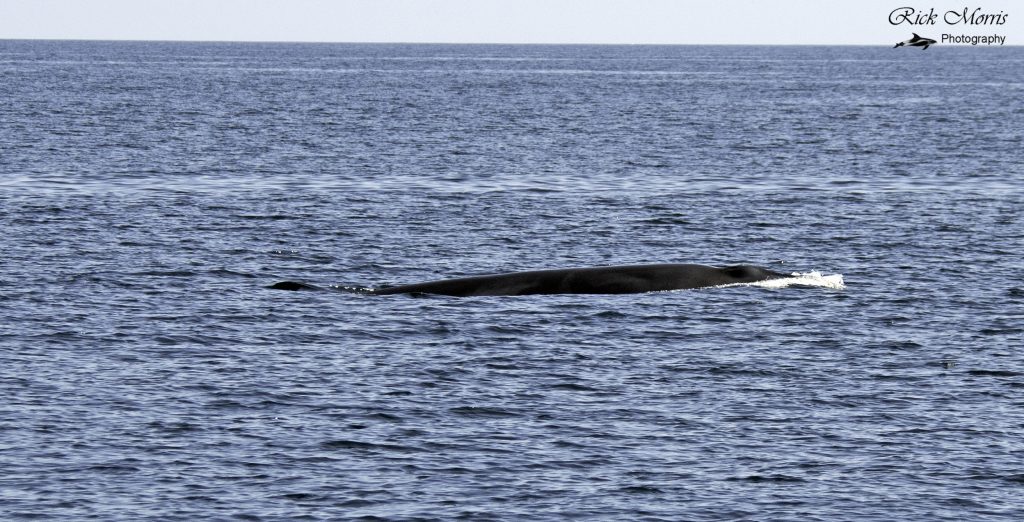
The marine realm is an important resource for many communities but is also intensely exploited. Do you believe a balance can be found between its continued use and the improvement and maintenance of ocean health?
We believe that through scientific evidence and good educational programs, cooperation with local fishing communities and everyone who depends upon the marine environment can be established to safeguard the future of our seas.
Presently, you are focusing on your small boat surveys in Lyme Bay monitoring dolphin populations. Have you noted any changes since the start of the pandemic?
Generally, there seems to be less commercial fishing activity during the day than there was a few years ago, perhaps a sign that the area has been “fished out” to some degree. There has been a notable increase in Balearic Shearwaters throughout the summer months in both years, with the Bay becoming more and more important for this species. 2020 was characterised by large numbers of Bluefin Tuna, whilst 2021 was a late season with hardly any Mackerel until September.
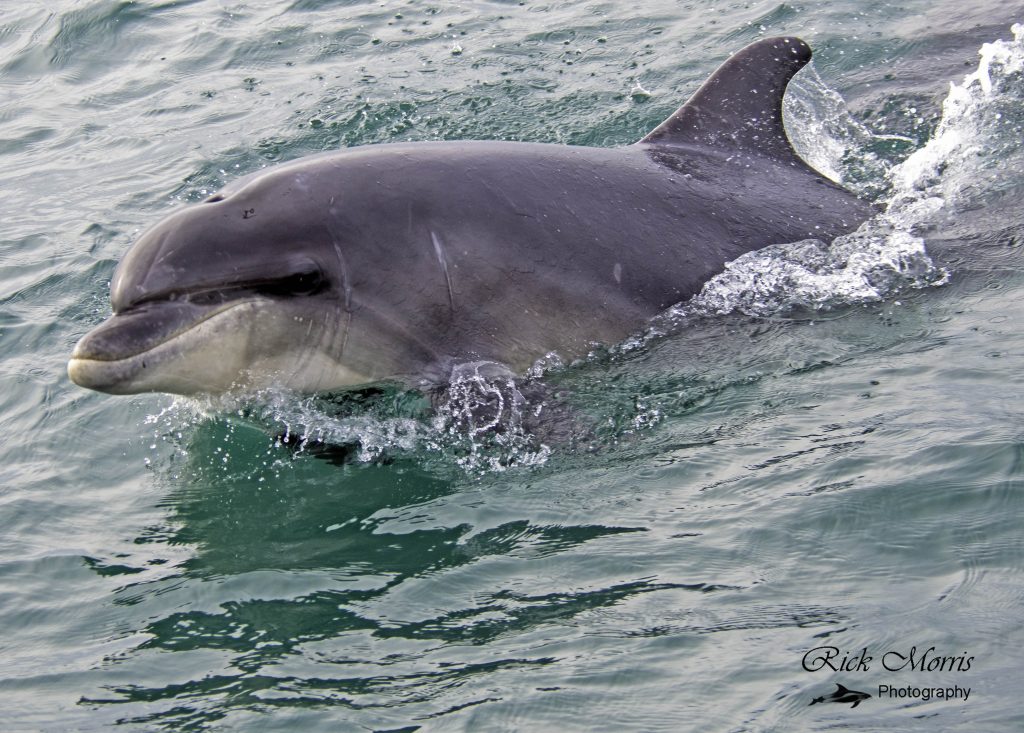
Using data collected by MARINElife, a major study published this year highlighted the importance of south-west UK waters to the Critically Endangered Balearic Shearwater. What conservation measures would you like to see put in place to help this species?
The main global threats to the species have been identified as drowning in fishing nets and predation by introduced species on their breeding grounds. For the bycatch issue, appropriate mitigation measures are urgently needed, whilst predator control and eradication measures need to be stepped up at breeding sites. Research is required on other threats including light pollution, marine plastics and climate change. More locally, shoaling pelagic fish such as Anchovy, which are key prey items, need to be protected from overfishing and disturbance of moulting flocks need to be monitored and regulated if required. Work needs to continue to identify and designate Special Protection Areas for the species, where these will make a real difference to the conservation of the species.
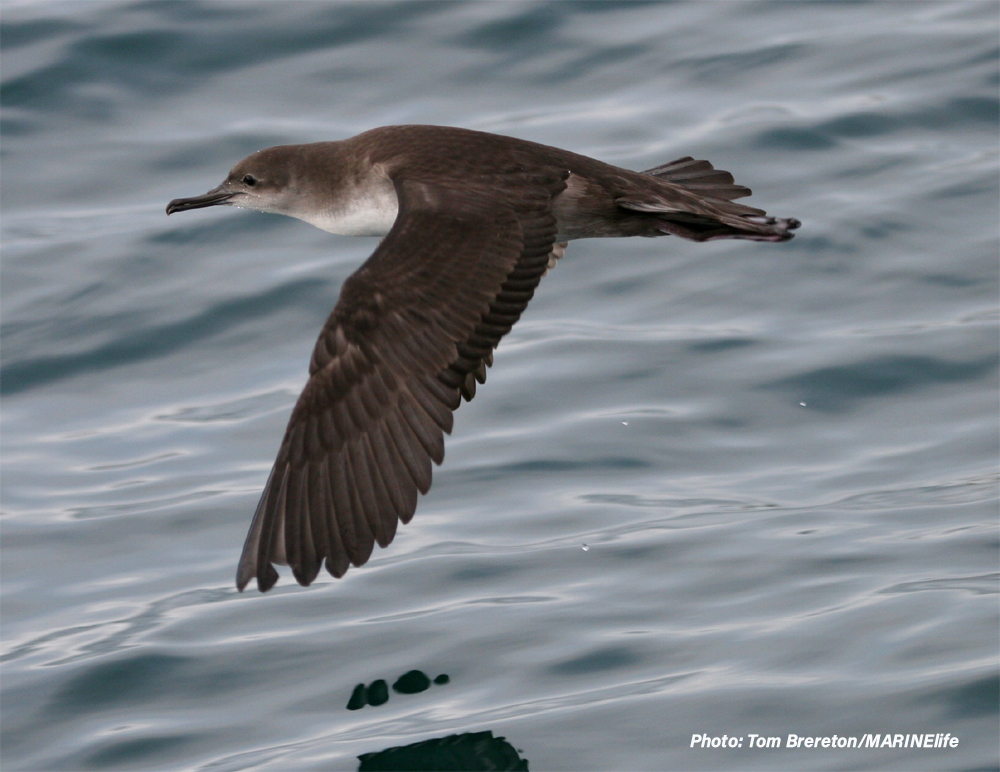
For those interested in your work and would like to get involved with MARINElife, how would you best recommend they do this?
The best route to get involved would be to email info@marine-life.org.uk and state what skills you have that would be suited to our work!
Reference
Phillips, J. A., et al. 2021. Consistent concentrations of critically endangered Balearic shearwaters in UK waters revealed by at-sea surveys. Ecology and Evolution, 11(4): 1544-1557.
You can find out more about MARINElife from their website and by following them on Facebook and Twitter.








